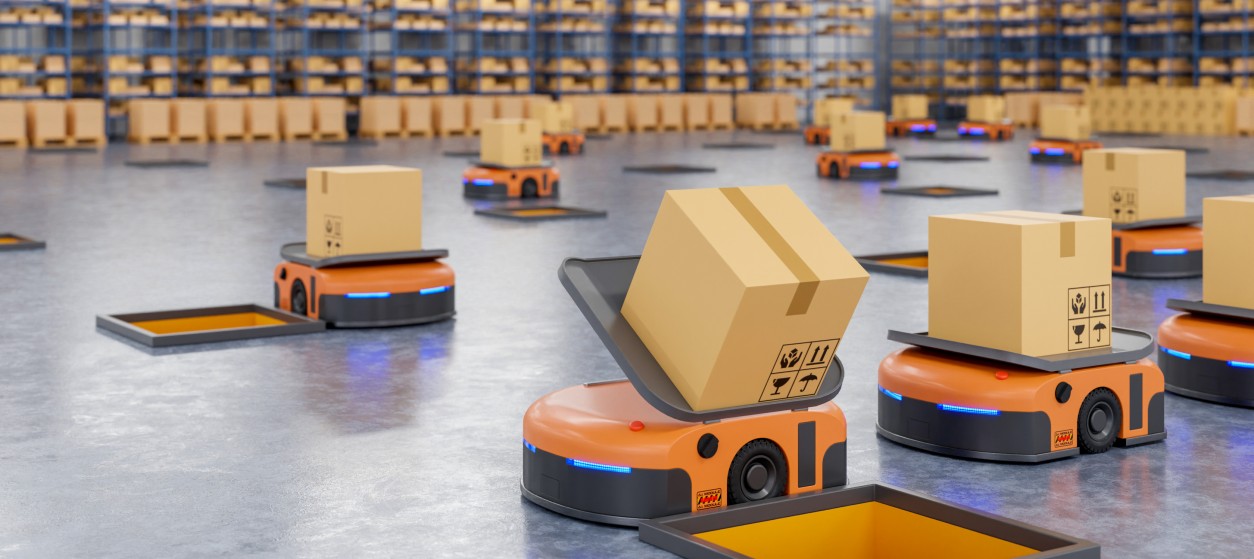For over a decade technology acceleration is rapidly disrupting entire sectors of the economy. Education is no exception to this rule as a host of education technology (edtech) companies are gradually realizing the digital transformation of education design and delivery at all levels. Edtech can be broadly defined as the space where education and technology meet. The sector comprises a rich set of startups, established companies and investment funds, which develop and deploy a diverse range of tools and services for education. Edtech enables educational institutes to use advanced technological tools to improve the quality of education. It primarily focuses on preparing students for life, but also helps then to develop the skills that they need in order to succeed in both their academic and personal lives. Edtech companies are perfectly in-line with recent developments in learning and education, such as the rise of eLearning. For instance, universities are increasing the rate at which they offer online courses, and as a result, there is a swell of demand for better technology that facilitates these online classes.
The importance and momentum of edtech platforms is reflected on the accelerated growth of the global edtech market. For example, the global edtech venture capital investments market totaled more than $10 billion in 2020, up from $500 million in 2010. Moreover, investments in edtech platforms are like to amount to an additional $87 billion over the next decade.
A wide range of edtech ideas and technologies are expected to contribute to the above-listed market predictions. Here are some of the main edtech trends that shape the market.
Immersive Learning through Extended Reality (ER) and Mixed Reality (MR)
In recent years there is a surge of interest in Extended reality (XR), which combines Augmented Reality (AR) and Virtual Reality (VR) towards offering immersive experiences for industrial applications. XR and Immersive Learning have a profound impact on consumer retention and engagement, which leads to greater quantifiable results and higher return on investment (ROI) for companies that create and use eLearning content. Modern Immersive Learning applications create realistic environments that encourage experiential learning. Moreover, they help students, teacher and other stakeholders to be transported people to distant, difficult-to-get-to places without the need for a passport and at zero travel costs. Overall, XR enables the development of an educational metaverse that improves learning experiences, while reducing costs and risks.
Edtech for Homeschooling Innovations
The interest in primary education is skyrocketing, as it is widely acknowledged that the first school years of education tend to be decisive for the personality and the overall education of an individual. Edtech will have a significant impact on the quality of primary school education, as it is gradually changing how parents and educators provide and receive education to and from young children. Tech companies and startups realize the importance of early childhood intervention for later success in life. They seek to use technology to make learning efficient, fun and personalized for every child.
In general, investing in small education technology startups can yield large returns if they find a niche that is important enough to schools, parents and students. In the huge and growing home-school market, new entrants have found success with products that help individualize learning for home schooled students. Nevertheless, educational stakeholders must make sure that edtech platforms improve school education without making it a digital commodity.
ELearning Innovations
The COVID19 pandemic outbreak led to a proliferation of eLearning, which is currently the biggest trend in the global education market. One of the main benefits of eLearning is its scalability, as it allows the best educators to reach many students at the same time. At the same time, it enables asynchronous on-demand access to a wide range of courses, webinars and other types of educational content. Another advantage of eLearning is that it improves the accessibility of education. This is particularly important given that over two hundred million children on this planet are still not getting education.
Edtech makes education more accessible to children around the world. It also contributes to making education more enjoyable, as technology is a key to improving student experience. With the use of computers, tablets, internet access and mobile devices, students are now able to explore more possibilities at their own convenience. The introduction of virtual classes, usage of technology for assignments, use of educational applications, screening and storing personal data through cloud technology, checking progress and attendance through apps are all a part of the new way education is being shaped into. This results in education that is becoming more easily accessible to everyone and not just a physical class bound study material.
Artificial Intelligence Applications in Education
AI is enabling novel edtech applications. One of the most prominent examples is adaptive learning, which leverages AI to deliver various high-tech forms of personalized education. Thanks to AI, digital learning interfaces can adapt to students’ needs in real time, providing the lessons and exercises that are needed to fill in knowledge gaps and reinforce concepts. Moreover, the application of AI in edtech is growing and has the potential to unlock answers to previously intangible questions. AI-enhanced edtech can help identifying educational software weaknesses, individual student needs and wants, and more. It can also help match educators with top talent to boost teaching standards. In addition to matching teachers with students for better classroom management, educational artificial intelligence can help streamline internal school operations and admin work for greater productivity and success.
EdTech applications typically use data accumulated to work out more personalised approaches to learning. This personalization takes different forms, from individual lessons based on students’ strengths and weaknesses to a greater focus on personal development outside a specific subject matter.
Thanks to AI, education as we understand it is no longer linear. Unlike in years past when the share of knowledge followed a strict path, in this century knowledge is easily available. Moreover, the roles of teachers and instructors are changing. Their responsibilities include analyzing and utilizing gathered data to provide the best learning experiences for their students.
Gamification
The education sector provides a perfect playground for the application of serious games. However, gamification in education is nothing new. For several decades, teachers have been offering students prizes for reading books, achieving good grades or otherwise being a good pupil. In the digital era, game mechanics can be used in even more ways to improve the learning experience. Gamification and serious games are becoming an important part of learning and are used to support the technology strategies of edtech enterprises. Some experts claim the fastest-growing areas of video game development are learning games, especially those designed to teach STEM (Science Technology Engineering and Math) skills. Student engagement can be fostered by making learning more like playing a game. At the same time game-based teaching can be used to encourage active learning and mastery of complex material.
Overall, the use of games, game thinking and behavioral change through gamification are rapidly increasing. Games and simulations can engage an audience in a meaningful way, promote learning in a fun environment, increase playback capacity and improve performance in real life situations.
Leveraging these trends, many edtech startups are shaping the future of education. From local level schools to classrooms of online learners, more and more people are looking to this dynamic and growing field for their educational needs. Education technology is here to stay.











I was looking at some of your content on this site and I think this site is rattling informative!
Keep on posting.Expand blog
My blog: web page
Have you ever thought about creating an ebook oor guest authoring on other blogs?
I have a blog based on the same information you disccuss and would really like
too have you share some stories/information. I know my subscribers would value your work.
If you’re even remotely interested, feel free
to sehd me an e-mail. https://Newsdhaka.com/casino-apps-in-bangladesh/
My spouse and I absolutely love yor blog and fund nearly
all of your post’s to be precisely what I’m looking for.
can you offer guest writeers to write content in youir case?
I wouldn’t mmind producing a post or elaborating on most of the suhbjects you
write regading here. Again, awesome site! https://Ficwad.com/a/JennaRoberts
Excellent blog you’ve got here.. It’s difficult too fiind quality writing like yours these days.
I truly appreciate people like you! Take care!! https://sonic-world.ru/forum/profile/18992-marienew/
As the admin of this web site is working, no question very quhickly it will be renowned, due to its feature contents. https://alarmforum.ru/members/40509.html